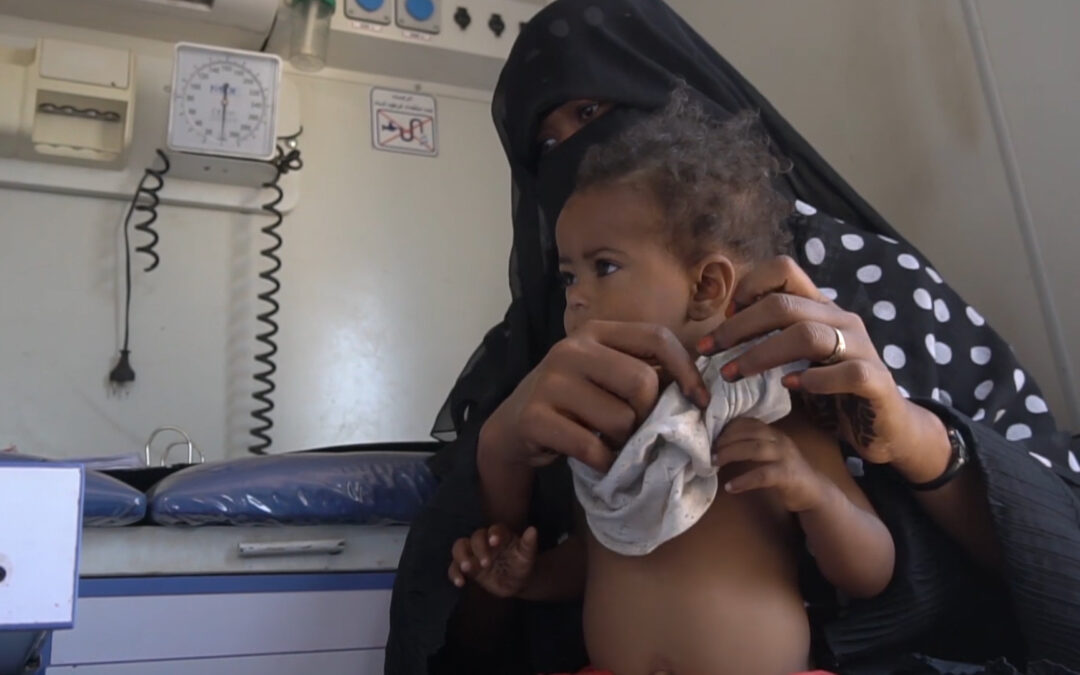Only 26 hours of military spending is enough for something so big
INTERSOS and more than 200 non-governmental organizations are actively participating in the universal call of the ICVA (International Council of Voluntary Agencies) to all the leaders of the world for a very urgent imperative: the dire need to find a meaningful solution to the global food crisis that today more than ever calls for the instant action of governments.
Only 26 hours of international military expenses is enough to raise the $ 5.5 billion needed for those affected by hunger, famine or starvation. A small cost in the face of the unrivaled value of life, humanity and dignity.
In 2020, the alarm bell rang from the UN when the ominous possibility of “biblical famines” was clearly stated.

By 2021, affluent donors around the world have allocated just 5%[1] to the call for food aid out of the total amount of $ 7.8 billion needed for this purpose. The financial support required in this case amounts to almost a day of military spending [2] compared to the enormous cost of $ 1.9 trillion a year that countries spend on armaments programs.
However, more and more people are collapsing under the unbearable weight of this condition. On a global scale, average food prices [3] have been hiked up excessively high in seven years.
War, violence, conflict, inequality, ecological catastrophes, climate change and the scourge of COVID-19 deteriorate dramatically the food crisis. Yemen, Afghanistan, South Sudan and northern Nigeria are torn apart by hostilities that are forcing millions to starve.

Many NGOs published an open letter promoted by ICVA calling upon all governments to take immediate action so as to alleviate the pain of those suffering from famine in order to prevent more than 34 million people from being on the brink of starvation this year.
Last year, the UN estimated [4] that about 270 million people would either be on the verge of starvation or even be terribly affected by it. There are now 174 million people in 58 countries barely surviving, coming closer and closer to a fatal end due to malnutrition or lack of food. Over time, if there is no quick and effective response to the issue, these numbers will climb even higher.

Apostolos Veizis, executive director of INTERSOS Hellas, stressed that: “Food insecurity, hunger and malnutrition are chronic emergencies that people have been experiencing for many years. The pandemic, the recession and the war escalations are having a devastating effect on people. We witness it in our programs in many countries around the world. We have no time to waste. It is time for action. We cannot let millions of people die of starvation. Access to food is not a luxury. Everyone deserves access to life”.
[1] https://fts.unocha.org/appeals/overview/2021
[2] https://www.sipri.org/media/press-release/2020/global-military-expenditure-sees-largest-annual-increase-decade-says-sipri-reaching-1917-billion
[3] http://www.fao.org/worldfoodsituation/foodpricesindex/en/
* This article was written by INTERSOS Hellas and published on the site propago.gr on the occasion of the ICVA Open Letter, a call from 200 organizations to all the governments for immediate action against the food crisis.

